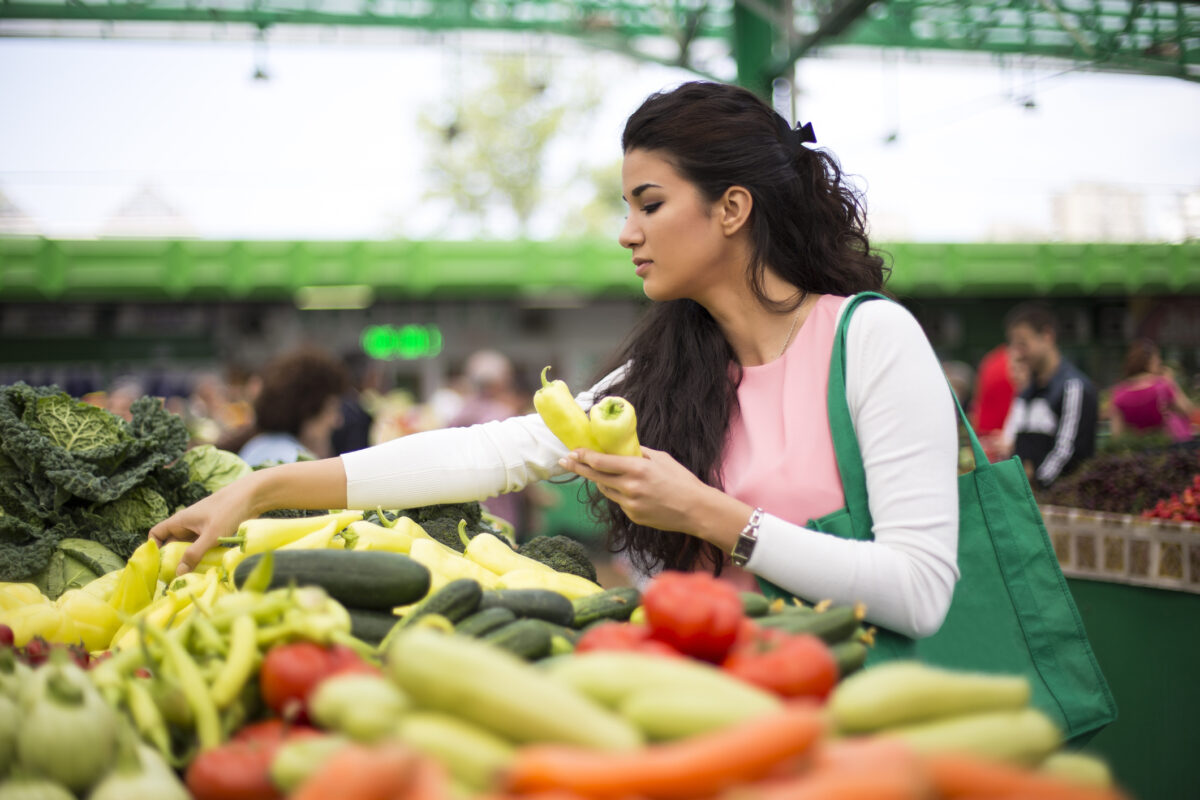A week in news: a ‘toxic’ problem for hospitality – the latest food and drink headlines 21-25 November

It has been another mixed bag for food industry news this week. New data suggests restaurants are going bust at a faster rate now than during the pandemic, and consumers and businesses alike are being faced with widespread shortages for key ingredients. Elsewhere, initiatives and technologies which claim to offer promising steps towards a more stable and sustainable food system – like gene editing and the COP27 climate agreements – are having their efficacy called into question.
Nevertheless, some intriguing food news has come from Liverpool John Moores University and the University of Liverpool, which suggests our ancient cousins the Neanderthals could have been nascent foodies some 70,000 years ago.
Here were the biggest food and drink headlines this week:
UK restaurants going bust at a faster rate now than during pandemic
A ‘toxic mix’ of skyrocketing energy costs, staff shortages and dwindling bookings has resulted in a 59% rise in restaurant insolvencies this year, financial advisory firm Mazars revealed this week. Some 1,567 restaurants have gone bust in the 2021-22 period, up significantly from 984 insolvencies the year before.
The scale of the issue is so severe, that many are predicting that even the usual uplift in business caused by the festive period will not be enough to save the fates of some restaurants. Understand the extent of the problem, and what needs to be done to fix it.
Growing number of supermarkets resorting to egg rationing amid shortage
Tesco, the country’s largest grocery chain, has joined the ranks of supermarkets imposing rationing for eggs. The move comes as retailers and farmers are faced with huge supply chain disruption caused by the ongoing bird flu epidemic, and the rising cost of energy and bird feed.
Customers at Tesco are limited to buying three boxes of eggs each, and similar restrictions have been adopted elsewhere. Lidl customers are limited to three boxes each, while Asda is only permitting two. Sainsbury’s and Morrisons are yet to announce any measures to this effect – however the former has reneged on its pledge to only source British eggs, and is now stocking eggs from Italy to make up for the shortage.
Delegates at COP27 extend Koronivia programme
An actionable and concrete plan towards a sustainable food system was one of the many hopes people had for COP27. However, despite running into ‘extra time’ while debating plans, many have suggested the outcome as it related to food was lacklustre. Countries adopted the Koronivia Joint Work on Agriculture programme in 2017, and a mandate to continue working together for another four years was authorised at COP27 – meaning solutions come in the future.
But the lack of decisive action in Egypt has been disappointing for many. More than 100 organisations, including WWF, Wrap and EAT signed a letter urging delegates to broaden the scope of Koronivia to include consumption and waste, but talks were focused narrowly on agriculture. Even then, critics have said attention is focused too sharply on larger agriculture companies, and fear that not enough support will be offered to small-scale growers.
Gene editing bill read in Lords, but YouGov poll reveals low consumer confidence
Consumers are still wary about advancements in gene editing as they relate to food, according to a poll released by YouGov. The poll comes following the Second Reading of the Government’s Genetic Technology (Precision Breeding) Bill in the House of Lords this week.
Some 79% of YouGov respondents said precision bred crops, animals, and foods (collectively known as precision bred organisms or PBOs) should be clearly labelled as such. Despite this, the bill currently making its way through parliament has no such provisions. Find out what consumers think about other aspects of the gene editing debate.
And finally… Newly unearthed evidence suggests Neanderthals had complex culinary habits
Researchers in Iraq have unearthed what they believe is evidence of the world’s oldest cooked meal – a sort of seasoned pancake-flatbread dish. The burned food remnants are thought to be about 70,000 years old and news that they present a multi-step cooking process suggests our ancestors had a penchant for food preparation beyond essential hunting and gathering.
“Our findings are the first real indication of complex cooking – and thus of food culture – among Neanderthals,” explained Excavation Coordinator and Cultural Paleoecology Professor at Liverpool John Moores University Chris Hunt to The Guardian.








